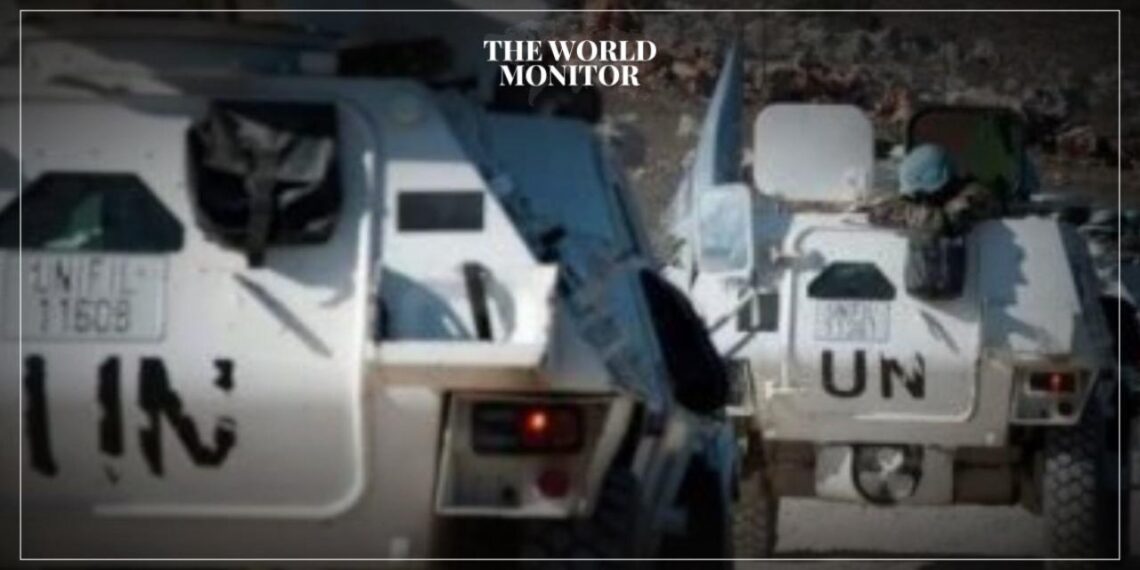The United Nations Office for the Coordination of Humanitarian Affairs has reported that 23% of Lebanon’s population is currently facing food insecurity, an increase from 19% in March 2024.
This rise is attributed to ongoing hostilities and daily cross-border gunfire along the Blue Line separating Lebanon and Israel. The UN office emphasized the need to intensify relief efforts in support of the Lebanese government-led response.
According to the UN Media Center, the Office for the Coordination of Humanitarian Affairs stated that humanitarian partners require $110 million to continue addressing the needs of those affected by the conflict until the end of the year.
Before the escalation of hostilities in October 2023, an estimated 3.7 million people were already in need of humanitarian assistance. The response plan for Lebanon in 2024 has only been 25% funded, receiving $670 million out of the required $2.72 billion.
The World Health Organization has reported 16 attacks on healthcare since October 2023, with 21 paramedics killed during hostilities. Significant damage has also been recorded to water, electricity, telecommunications, and road infrastructure in southern Lebanon.
The Office for the Coordination of Humanitarian Affairs has urged all parties to respect their obligations under international humanitarian law, emphasizing the need to protect civilians and civilian infrastructure at all times.
The UN office also noted that 110,000 people have been displaced within Lebanon since October, with 35% of them being children. Estimates suggest that nearly 150,000 people remain within the 10-kilometer-long Blue Line that separates Lebanon and Israel.






